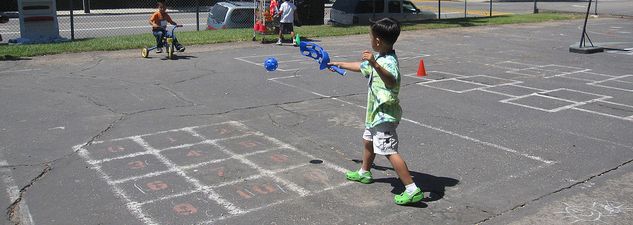Introduction
Professional Development Session
Format: Mixed model, 2 hour interactive session; Prior to the session: read selected state publication pages, articles, and handouts. During the session, discussion and group work.
Mathematics is a natural part of the preschool environment. Young children actively construct mathematical knowledge through everyday interactions with their environment, whther inside or out. Mathematics learning grows naturally from children's curiousity and enthusiasm to learn and explore their environment. Teachers should encourage children's natural enthusiasm and interest in doing mathematics and use it as a vehicle for supporting the development of children's mathematical concepts and skills.(California Preschool Curriculum Framework, Volume 1). Prior to the session, participants read selections from state publications and access and read the articles and handouts. During the interactive session, participants will discuss how teachers can infuse mathematical learning throughout the classroom environment and throughout the program day..
Resources
 | State PublicationsCalifornia Preschool Learning Foundations, Volume 1, pp. 143-147 and 160-167 |
 | ArticlesEarly Childhood Mathematics: Promoting Good Beginnings (NAEYC) |
 | HandoutsRocket through the math galaxy (CPIN)NCTM Focal Points for Prekindergarten (NCTM) Map of the Foundations for Mathematics (CDE) The Use of Children's Books and Mathematical Thinking (Haekyung Hong, in Mathematics in the Early Years) Math Vocabulary (CPIN) |
 | Streaming Video |

